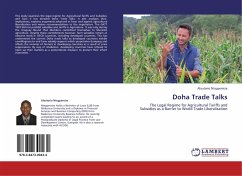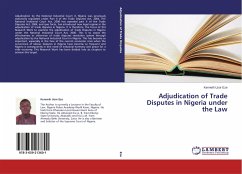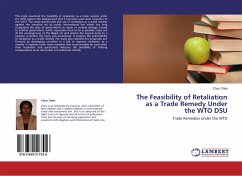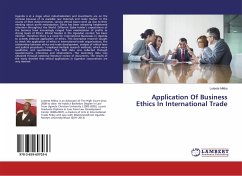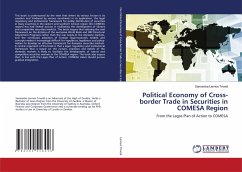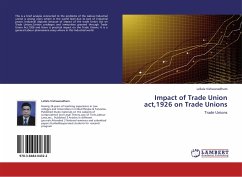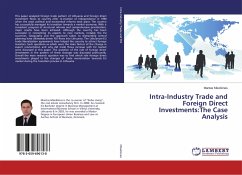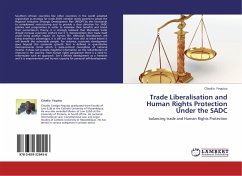This study examines the legal regime for Agricultural Tariffs and Subsidies and how it has derailed Doha Trade Talks. It also analyzes their implications, explores arguments advanced in favor and against agricultural liberalization and makes recommendations to the negotiators. The GATT 1947 did not prohibit subsidies and tariffs in Agriculture. It was only during the Uruguay Round that Members committed themselves to liberalize agriculture. Despite these commitments however, farm subsidies remain at obscene levels in OECD countries, including developed countries. This has undermined the current Doha trade talks as developed countries exhibit unwillingness to end farm subsidy support which perpetrates dumping and affects the incomes of farmers in developing countries as a result of price suppressions. By way of retaliation, developing countries have refused to open up their markets as a protectionist measure to protect their infant economies.
